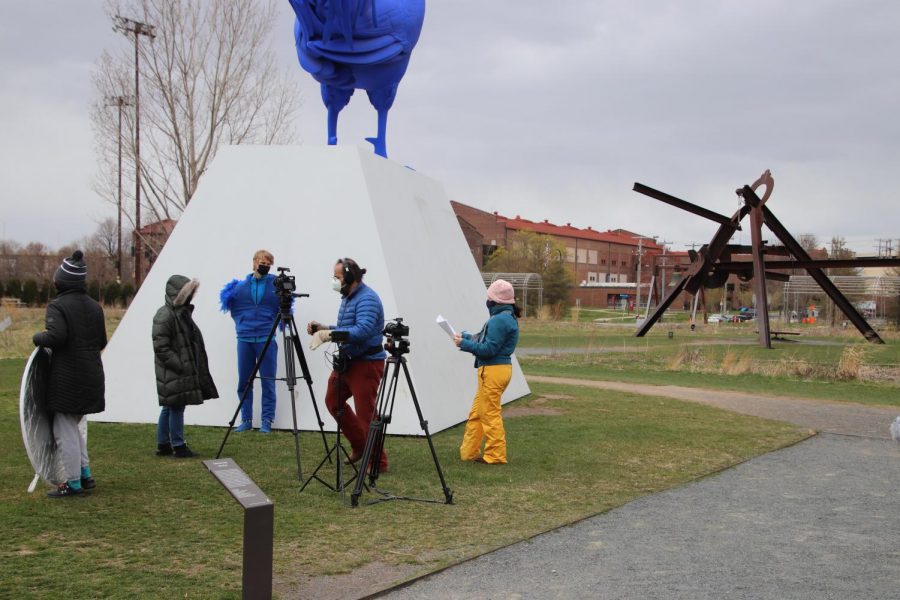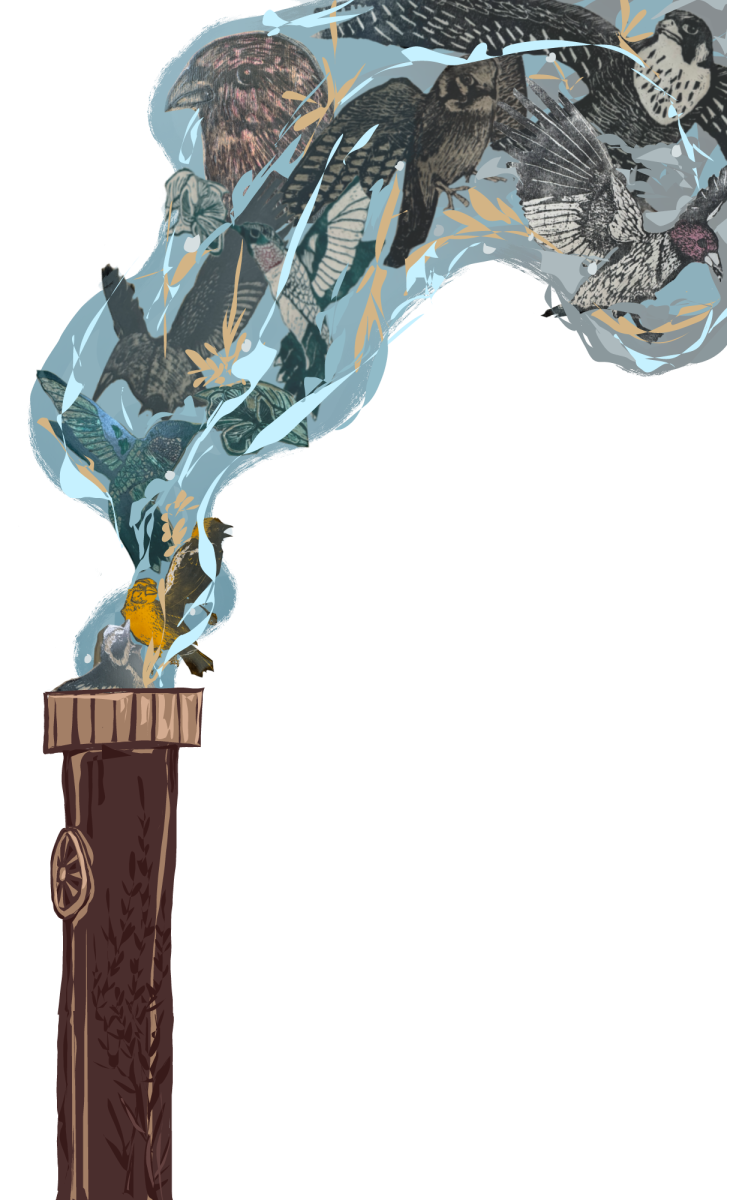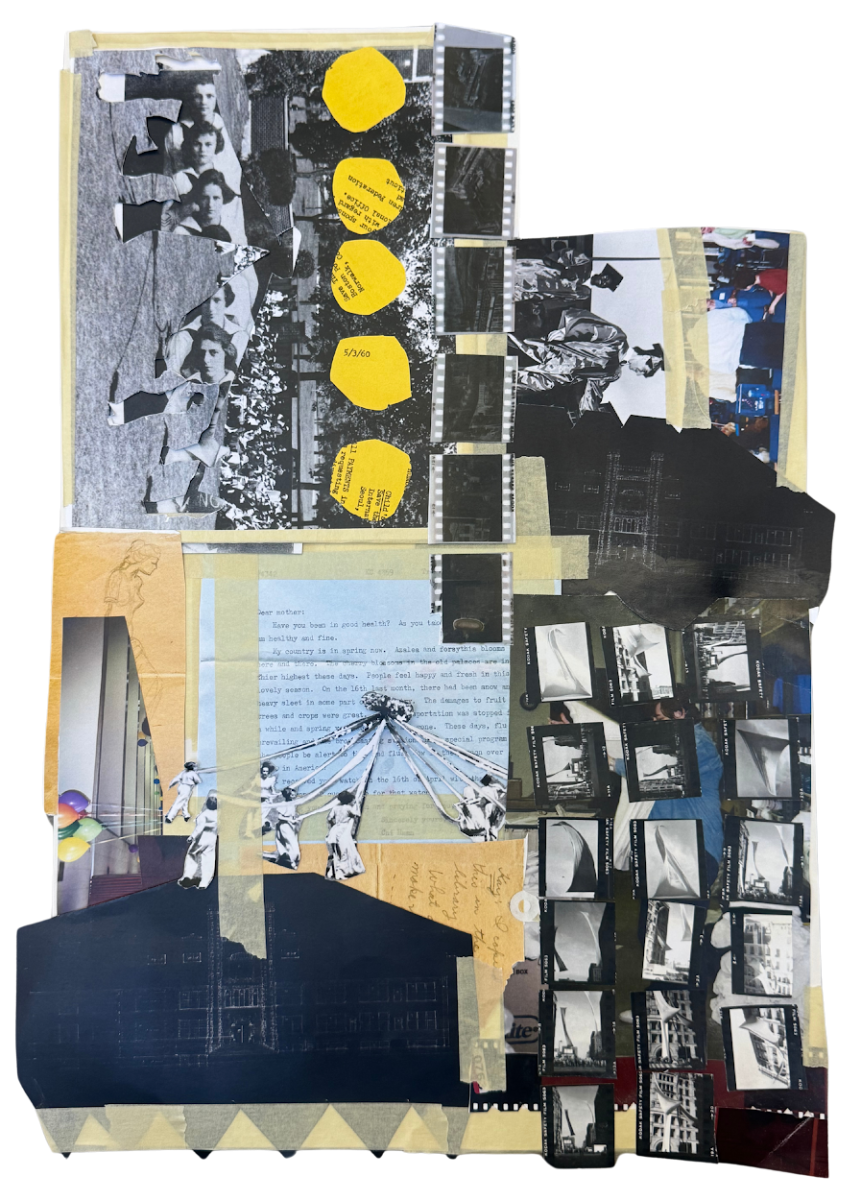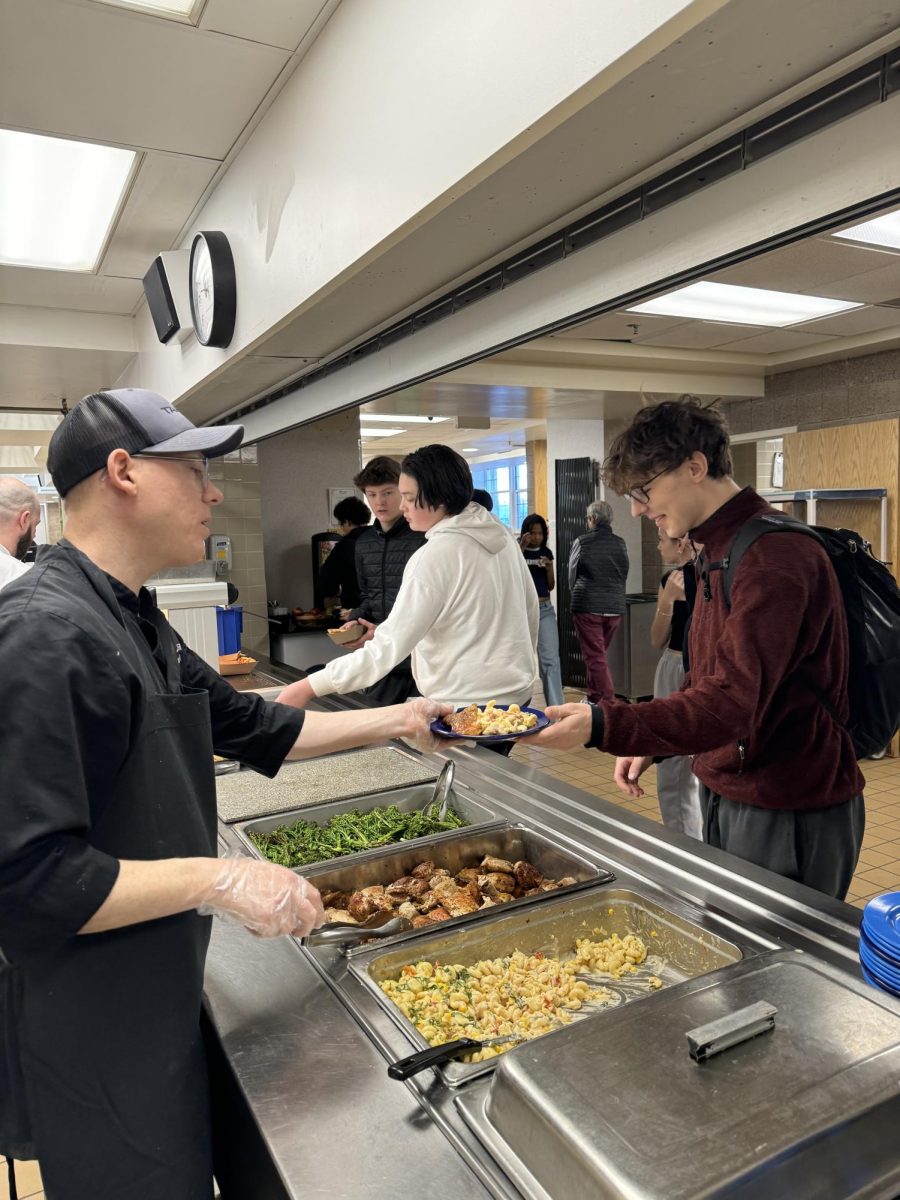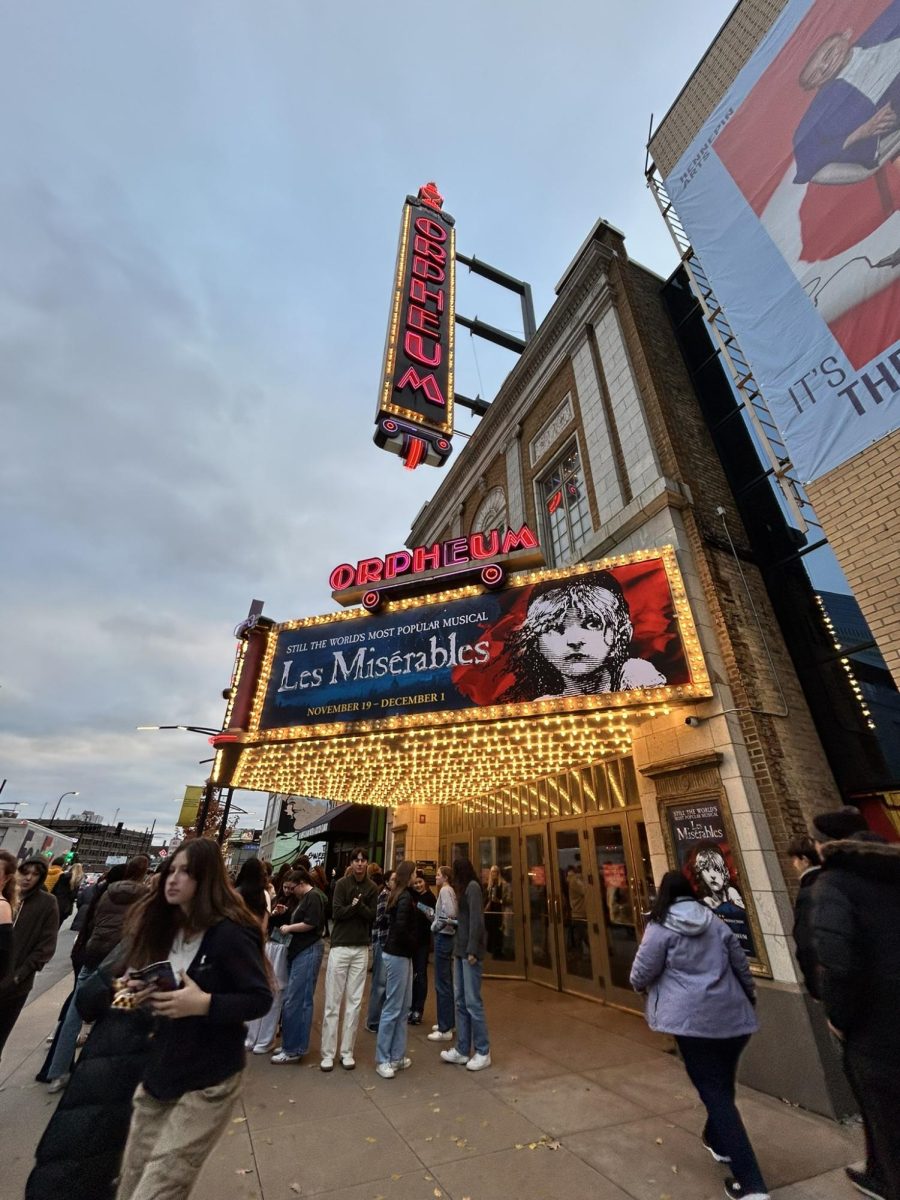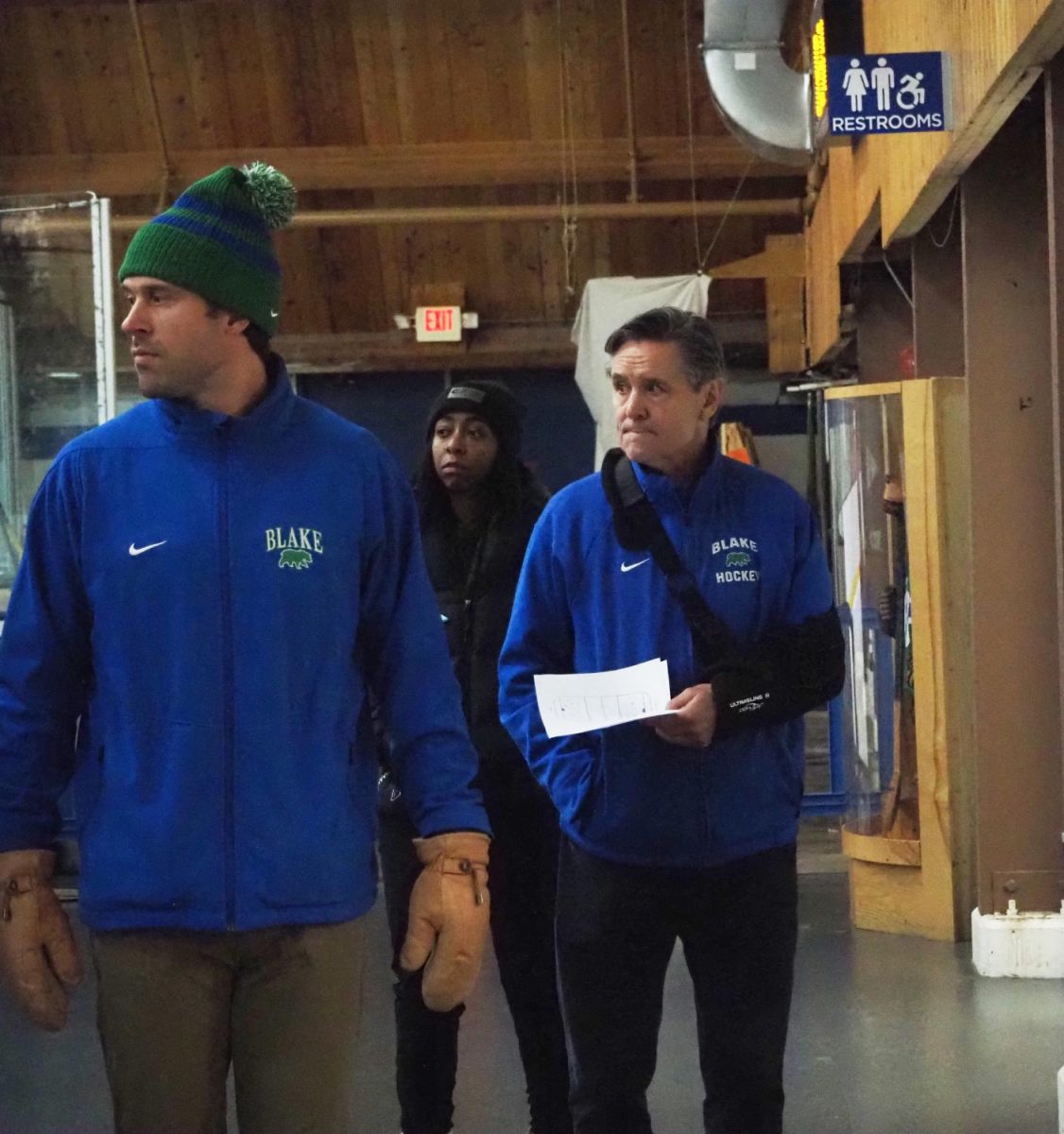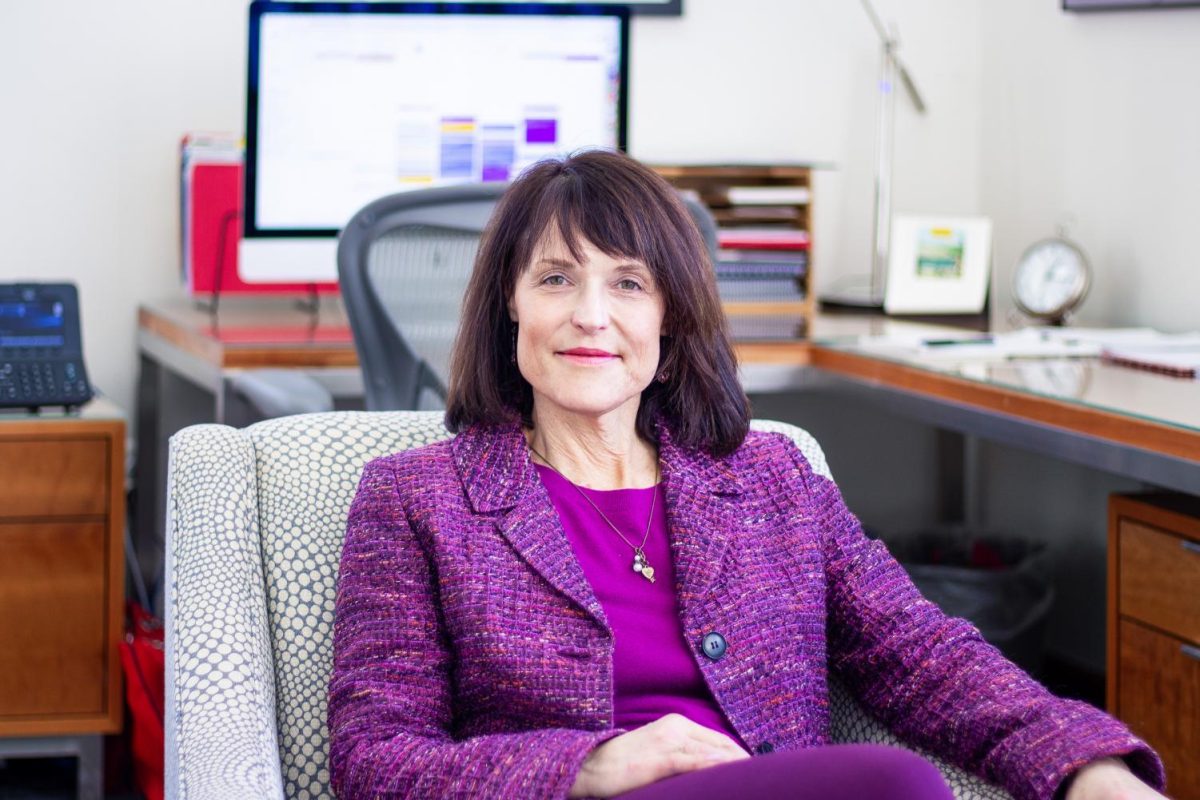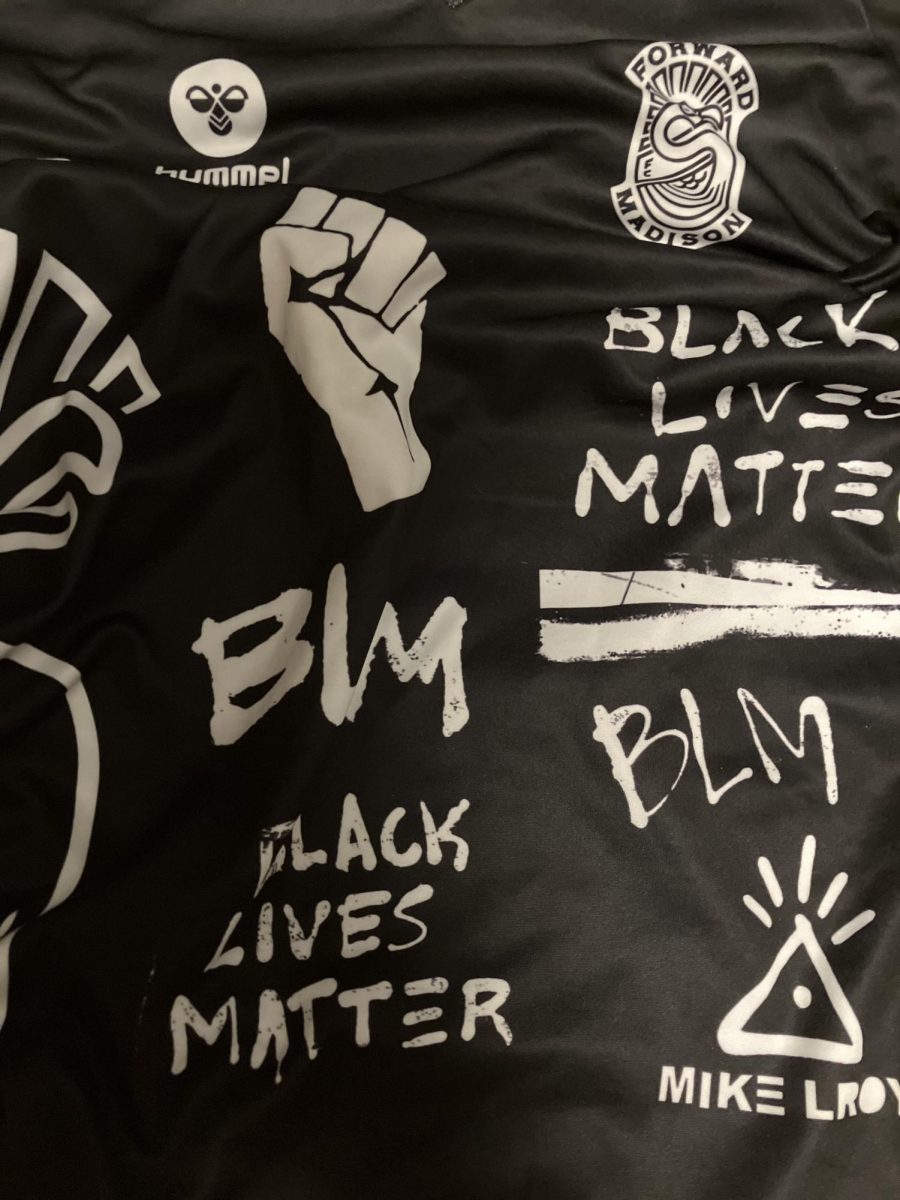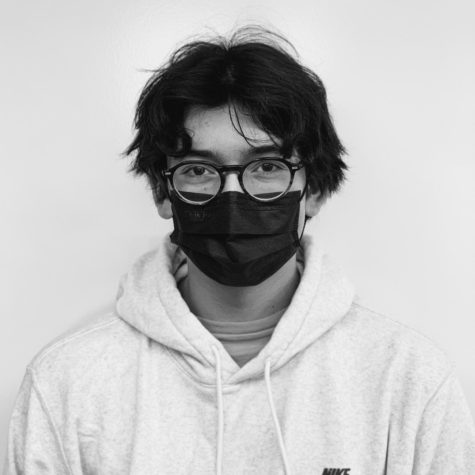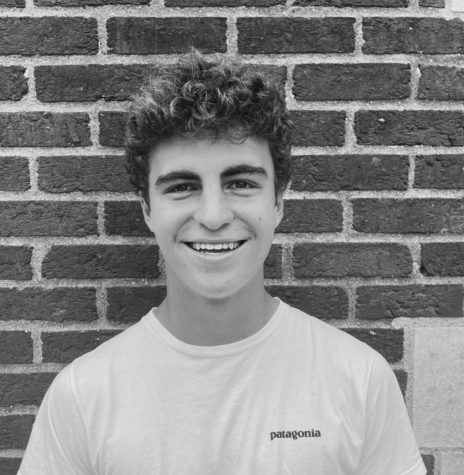This year, an array of cameras, calls for quiet on set, and sculptures that come to life will replace the normal members of an audience in an “Alice In Wonderland” inspired movie musical. With initial planning starting in August 2020, this movie musical has been in the works for more than eight months.
The movie will stream May 14-16. Tickets are currently available at https://blake.booktix.com/
Theater teacher and director, Taous Khazem, wanted to make a performance that could be put on safely outside while also maintaining an audience. Khazem originally decided to put on a walking play, where the audience moves with the actors in an interactive and unique experience, but this idea proved to be impossible as the cast, crew and audience would outnumber the limit set by Governor Walz.
Khazem then pivoted her focus to a movie, adapting the screenplay originally meant for a performance to a movie musical. The story, a Blake original entitled “The Real Hero,” is written by Aamera Siddiqui with music and lyrics by Middle School theater teacher, Aaron Gabriel.
The tale is described by Khazem as: “Two best friends, Ali and Remy, [who] meet up at the Minneapolis Sculpture Garden to get a much needed break from online school and the stress of the corona virus. Their afternoon outing turns into a whirlwind adventure as the sculptures come to life, luring them into a whimsical world of enchantment and magic. Through their perilous journey they discover what it means to be a hero.” Khazem likes the Sculpture Garden location because she has “always been interested in how visual art can inspire performance and story telling and it allows us to have a set that is very dynamic and interesting without having to build anything.”
However, the process of creating a movie presents its own unique set of challenges and complications. Due to the short schedule, communication between playwright Siddiqui and composer Gabriel, who is also the interim middle school theater teacher, has been limited. Khazem notes “Normally Amira would write the story and they would collaborate together…but we sort of put it together really quickly. Aaron had to write on his own track, and Amira had to write on her own track.” In order to keep on schedule and film in the most effective way, the musical has been filmed out of order. Khazem notes “When you make a play you are really thinking about how the energy sustains from beginning to end and when you make a movie you have to film it by location…for a performer it is a completely different experience then having the momentum of a play.”
The elements are a new factor to deal with when filming outside, Khazem points out: “Because we are working outside we are at the mercy of the sun and the weather, if we are doing a shot in the same scene and the sun is behind the cloud and suddenly the sun is out of the cloud you have to wait for the could to come back.”
In order to help with this mostly new method of movie making, guest filmmaker Mohamed Yebdri has aided the cast and crew, using his experience as an actor and filmmaker mainly in Algeria.
Despite these challenges, the movie provides positive aspects as well. John Erlandson ‘21 comments on the new ways in which he as an actor can express himself: “With the face you can do a lot more face twitches and grins that you cant to on stage because nobody can really see you that well, so you are acting with different parts of your body…its a cool new angle to do things and I am a person who enjoys trying new things.” Amanda Ward ’21 reflects, “It’s super different and I’m glad I get to experience it.”
While the pressure of the audience may be gone, there is still increased pressure with the camera and short schedule. Truman Morsman ’23 says “normally if you mess up on a line or something you have to keep going..in this you have to get it perfect.” Erlandson agrees, stating “[I don’t] want to let the directors and crew and actors down, messing up a line because you have to do another line, and there is still the pressure of this take could go into the movie.”
One of the more radical shifts in production has been sound design. In March before spring break, students worked with a sound engineer to record all of the music. Now, the music is being mastered by a professional. Ward describes it as “what you would think celebrities would do, but on a lesser level.” During filming, actors sing quietly or sing it to themselves and lip sync.
With theater being such a community centered space, actors and director alike have missed the communal aspects of putting on a play. Khazem adds “I miss having moments where you can have the whole cast together, and that whole ensemble building piece.” Erlandson agrees: “I’m really about the community when it comes to performances and shows… A movie doesn’t have as much cast and crew bonding and together time. Ward says “I miss the interaction… everything has been done individually, we did the singing individually, we did the choreography in groups of three or four… I miss the camaraderie.”


